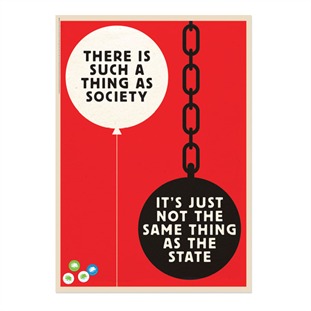 ConservativeHome reports that the Government (the ministers) are scaling up their battle against the civil service:
ConservativeHome reports that the Government (the ministers) are scaling up their battle against the civil service:
Outside of Manchester, the most significant political speech of the day is being delivered by Francis Maude to the Institute for Government. Indeed, it could actually be more significant than “the most personal speech ever given by a British political leader,” too. For Mr Maude’s subject is the structural relationship between government and the civil service, and how it should be altered. His words will mark an escalation in the struggle against Whitehall.
I’ve often heard that Yes, Minister is a documentary rather than a comedy and that the scriptwriters were informed by public choice theory. I’m reminded of this:
Whereas, in 1830, Hegel praised bureaucracy as the “objective class” which put the public good above its own, and whereas, early in [the 20th Century], Otto Hintze sang “the lofty virtues” of civil servants and Max Weber saw the state administration as the embodiment of “goal-oriented rationality,” today there is probably not an individual left in the world who believes that such are its attributes. In fact, the opposite is the case. In study after study produced from the 1960s on, state bureaucracies have been presented as endlessly demanding (the bureaucratic solution to any problem is more bureaucracy), self-serving, prone to lie in order to cover the blunders that they commit, arbitrary, capricious, impersonal, petty, inefficient, resistant to change, and heartless;
So, good luck to the ministerial team as they try to get state power under democratic control. I wish them every success.


















